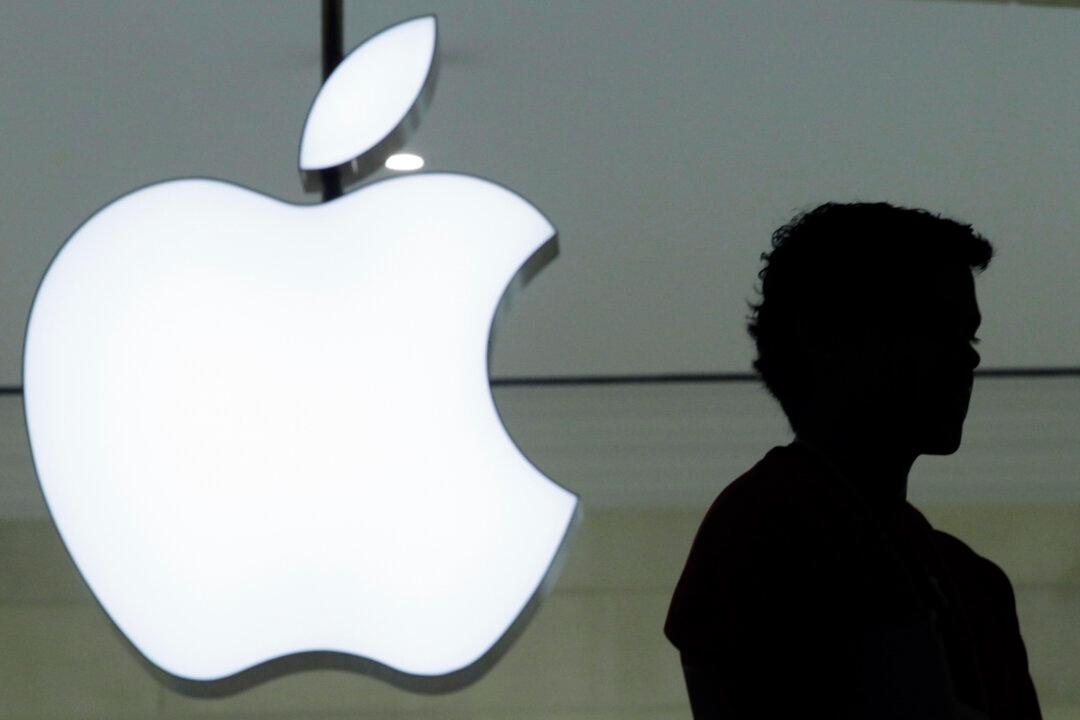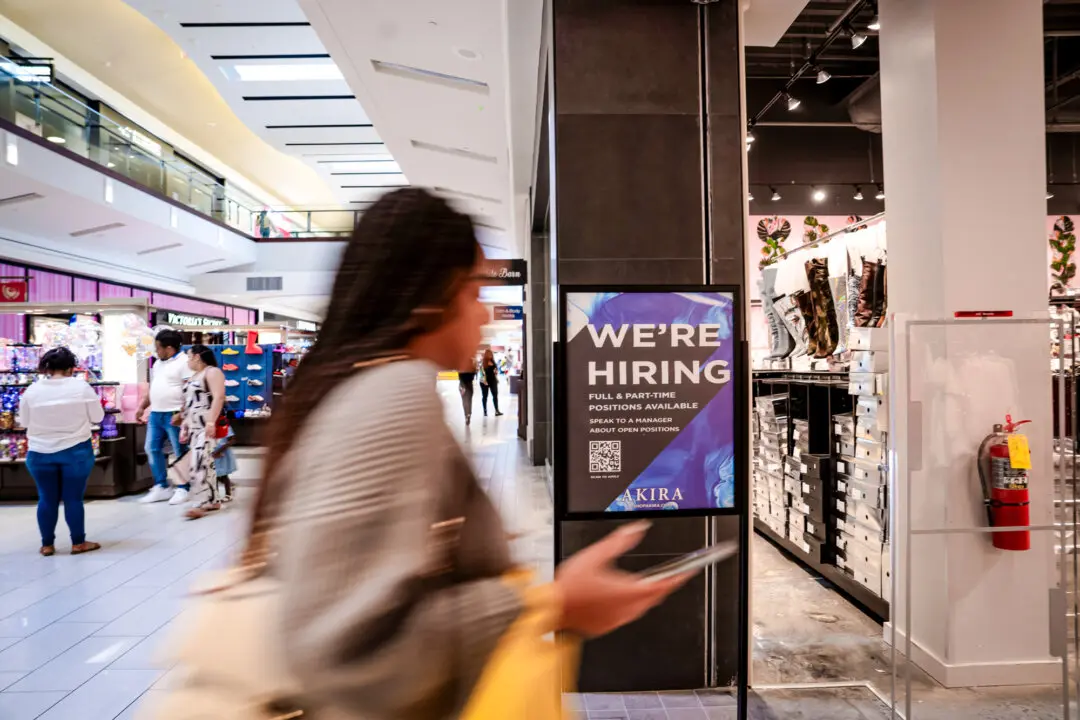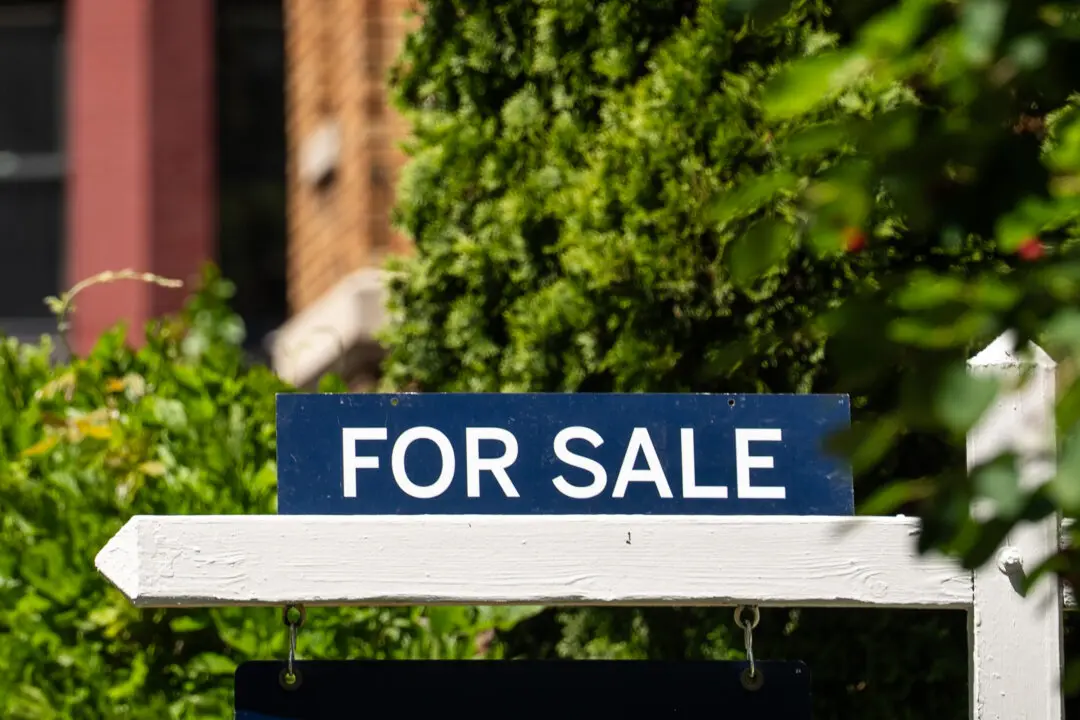Apple continues to build on its fintech presence, announcing a new Apple Card savings account offering users an attractive 4.15 annual percentage yield.
The tech juggernaut is partnering with Goldman Sachs. Clients can create an account from the Wallet app on their iPhone devices, but users must have an Apple Card to open the savings account. There are no minimum balance or deposit requirements.





